Documentary filmmaker Amy Berg investigates the life of 30-year pedophile Father Oliver O'Grady and exposes the corruption inside the Catholic Church that allowed him to abuse countless children. Victims' stories and a disturbing interview with O'Grady offer a view into the troubled mind of the spiritual leader who moved from parish to parish gaining trust ... all the while betraying so many.
Related Movies
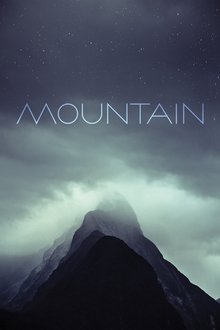
Mountain (2017)
An epic cinematic and musical collaboration between SHERPA filmmaker Jennifer Peedom and the Australian Chamber Orchestra, that explores humankind's fascination with high places.

The Voyagers (2010)
In the summer of 1977, NASA sent Voyager 1 and Voyager 2 on an epic journey into interstellar space. Together and alone, they will travel until the end of the universe. Each spacecraft carries a golden record album, a massive compilation of images and sounds embodying the best of Planet Earth. According to Carl Sagan, “[t]he spacecraft will be encountered and the record played only if there are advanced space-faring civilizations in interstellar space. But the launching of this bottle into the cosmic ocean says something very hopeful about life on this planet.” While working on the golden record, Sagan met and fell madly in love with his future wife Annie Druyan. The record became their love letter to humankind and to each other. In the summer of 2010, I began my own hopeful voyage into the unknown. This film is a love letter to my fellow traveler. - Penny Lane

Hearts of Darkness: A Filmmaker's Apocalypse (1991)
A chronicle of the production problems — including bad weather, actors' health, war near the filming locations, and more — which plagued the filming of Apocalypse Now, increasing costs and nearly destroying the life and career of Francis Ford Coppola.

The Satanic Verses Affair (2009)
Twenty years ago, novelist Salman Rushdie was a wanted man with a million pound bounty on his head. His novel, The Satanic Verses, had sparked riots across the Muslim world. The ailing religious leader of Iran, the Ayatollah Khomeini, had invoked a little-known religious opinion - a fatwa - and effectively sentenced Rushdie to death. This film looks back on the extraordinary events which followed the publication of the book and the ten year campaign to get the fatwa lifted. Interviews with Rushdie's friends and family and testimony from leaders of Britain's Muslim community and the Government reveal the inside story of the affair.

Waiting for August (2014)
Georgiana Halmac is turning 15 this winter, but she has no time for teenage dreams when her mother, who's on unemployment, moves to Torino to find work. Georgiana is left in charge of her six siblings in a social housing condo on the outskirts of Bacau, Romania. Caught between adolescence and the responsibilities of adulthood, Georgiana does the best she can, improvising with parenting advice from the television and the occasional phone call with her mother. As she handles her own issues and high-school dramas, Georgiana must also deal with admonishing neighbours who threaten to turn the whole family into social services. With incredible calm and stoicism, Georgiana amazes as she holds everything together in an ingenious and delicate balance.
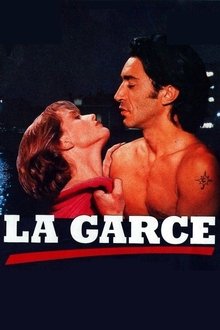
The Bitch (1984)
After serving time for sexual assault, a disgraced cop finds work as a private detective and becomes enmeshed in a bizarre web that includes a gangster and his former girlfriend…the same woman who sent the cop to prison years before.
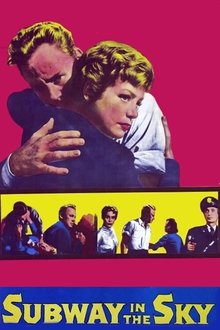
Subway in the Sky (1959)
Berlin provides the backdrop for this crime drama that centers on a military doctor falsely accused of dealing illegal drugs. Determined to prove his innocence, he escapes from the MPs and ends up holing up in the apartment his wife rented. He doesn't know that she has sublet the flat to a nightclub singer. When he finds out, he begs the singer to assist him. She is attracted to him and agrees. The doctor believes that his wife is behind the black-market dealings, but in the end, they find the real culprit.
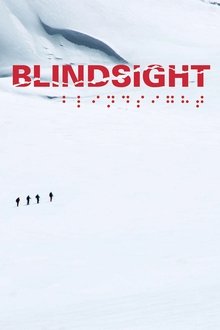
Blindsight (2006)
Six blind Tibetan teenagers climb the Lhakpa-Ri peak of Mount Everest, led by seven-summit blind mountain-climber Erik Weihenmayer.
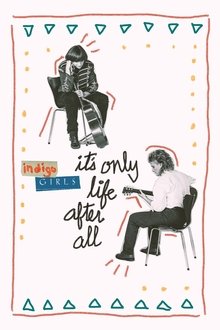
Indigo Girls: It's Only Life After All (2024)
An intimate look into the lives of one of the most iconic folk-rock bands in America - the Indigo Girls. With never-before-seen archival and intimate vérité the film dives into the songwriting and storytelling of the music that transformed a generation.
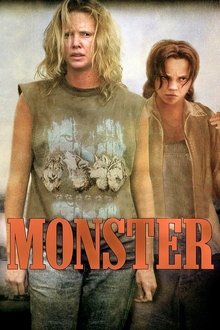
Monster (2003)
In 1989, prostitute Aileen Wuornos befriends and enters a relationship with a young woman named Selby. Determined to straighten out her life, Aileen's limited education lands her back on the corner. She's raped by a trick, who she kills. A string of murder and robbery follows that ultimately leads Aileen to becoming America's first female serial killer.
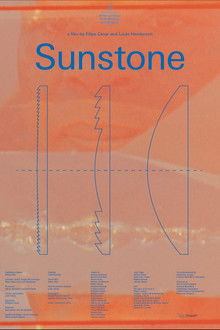
Sunstone (2018)
The lighthouse, as a man-made object built to shed light into the dark unknown, encapsulates perfectly the desires of the Enlightenment project of modernity: the domination of nature through reason and intellect, the advancement of technology and trade on a global scale, the illuminatory transparency of European Christian morality – a beacon in the dark. This 'op-film' will be a disorienting and disoccidenting dérive from optical navigation to algorithms of locating – an essay against the grain of Western patterns of referencing and situating. From a film made with lenses and ensitive celluloid to the desktop locating engine, we will navigate from the material production of Fresnel lenses to the invention of global navigation satellite systems (GNSS) – the tool that announces the obsolescence of the lighthouse.
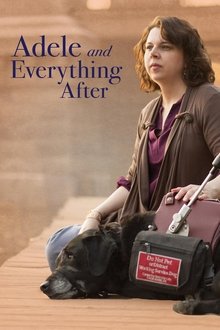
Adele and Everything After (2017)
The moving story of a lonely, isolated woman with a heart condition whose life is transformed by a service dog, and what happens when she has to let go of the loyal companion who changed her life.
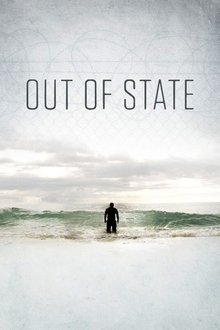
Out of State (2017)
Out of State is the unlikely story of native Hawaiians men discovering their native culture as prisoners in the desert of Arizona, 3,000 miles, and across the ocean, from their island home.
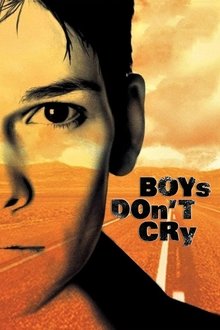
Boys Don't Cry (1999)
A young transgender man explores his gender identity and searches for love in rural Nebraska.
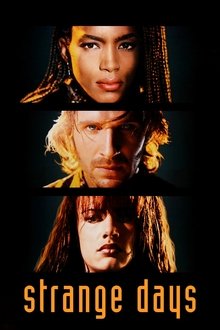
Strange Days (1995)
Former policeman Lenny Nero has moved into a more lucrative trade: the illegal sale of virtual reality-like recordings that allow users to experience the emotions and past experiences of others. While they typically contain tawdry incidents, Nero is shocked when he receives one showing a murder.
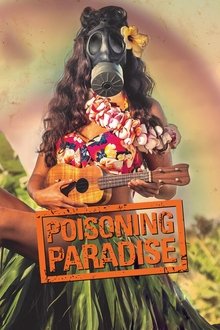
Poisoning Paradise (2017)
Journey to the seemingly idyllic world of Native Hawaiians, whose communities are surrounded by experimental test sites for genetically engineered seed corn and pesticides sprayed upwind of their homes, schools, hospitals, and shorelines.
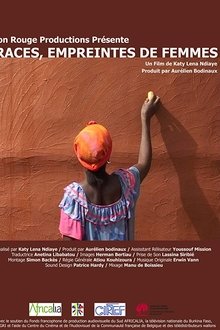
Traces, empreintes de femmes (2003)
« Traces, women's imprints » is a film that ventures to the discovery of three grandmothers kassenas (Burkina Faso,) their granddaughter, and the exclusively feminine art of this region's mural paintings. Between these women's portraits and a traditional art form, « Traces » is a painting on paintings that reflects upon transmission, education and memory in the context of a world in mutation.

Home Truth (2017)
In 1999, Colorado mother Jessica Gonzales experienced every parent’s worst nightmare when her three young daughters were killed after being abducted by their father in violation of a domestic violence restraining order. Devastated, Jessica sued her local police department for failing to adequately enforce her domestic violence restraining order despite her repeated calls for help that night. Determined to make sure her daughters did not die in vain, Jessica pursues her case to the US Supreme Court and an international human rights tribunal, seeking to strengthen legal rights for domestic violence victims. Meanwhile, her relationship with her one surviving child, her son Jessie, suffers, as he struggles with the tragedy in his own way. Shot over the course of nine years, Home Truth chronicles one family’s incredible pursuit of justice, shedding light on how our society responds to domestic violence and how the trauma from domestic violence can linger through generations.

Lost in Lebanon (2017)
As the Syrian war continues to leave entire generations without education, health care, or a state, Lost in Lebanon closely follows four Syrians during their relocation process. The resilience of this Syrian community, which currently makes up one fifth of the population in Lebanon, is astoundingly clear as its members work hard to collaborate, share resources, and advocate for themselves in a new land. With the Syrian conflict continuing to push across borders, lives are becoming increasingly desperate due to the devastating consequences of new visa laws that the Lebanese government has implemented, leaving families at risk of arrest, detention, and deportation. Despite these obstacles, the film encourages us to look beyond the staggering statistics of displaced refugees and focus on the individuals themselves.
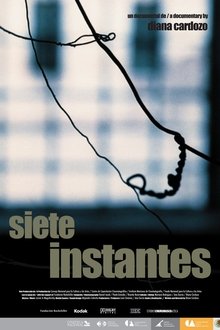
Seven Moments (2008)
Is the story of women that were guerrilleras in Uruguay at the beginning of the 70's. Under an intimate focus, the film shows the moments of decision and the personal crossroads that it involve. The documentary search the experience and the look of common individuals in exceptional situations and goes to the bottom of the load of tensions, fears, contradictions and personal costs that those labor instants of the History have.